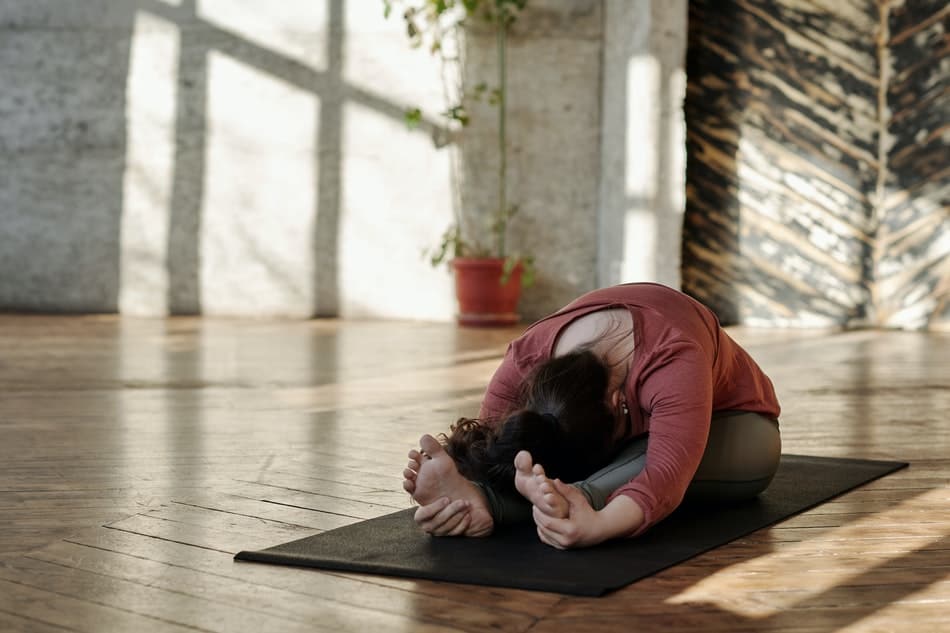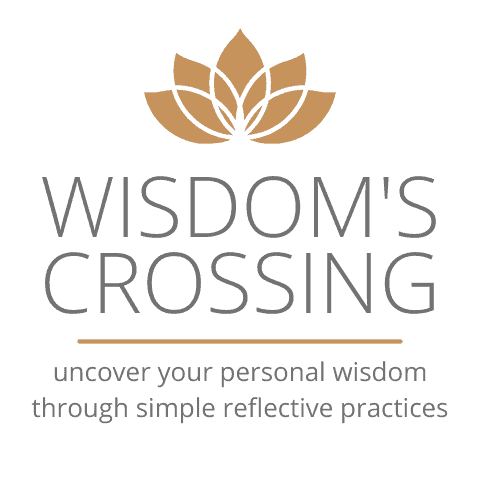Mantra meditation is one of the oldest and most popular forms of meditation. But where does Mantra meditation come from? And what are the benefits of mantra meditation? In this article, I will explore the origins of mantra meditation and discuss some of the benefits that come with practice.
Mantra meditation has its roots in the Vedic tradition of India, which is one of the oldest spiritual traditions in the world. The word mantra comes from the Sanskrit root man, which means “to think.”
Origin Of Mantra Meditation
Mantra meditation is a type of meditation that uses the repetition of a mantra to focus the mind. The word mantra comes from the Sanskrit word man, which means “to think,” and tra, which means “tool.” A mantra is thus a tool for thinking or focusing the mind.
The history of mantra meditation can be traced back to India, where it was first mentioned in the Vedas, a collection of ancient Hindu scriptures. Mantras were originally used as part of Vedic rituals and were chanted by priests during ceremonies. Over time, mantras began to be used for personal spiritual practice and meditation.

Mantra meditation spread to other parts of Asia, including China and Japan, where it was adapted to the local culture and tradition. In China, mantra meditation is known as Chan Buddhist meditation, while in Japan it is called Nembutsu.
Mantra meditation has also been popularized in the West in recent years, with many people finding it to be a helpful and effective way to meditate. If you’re interested in trying mantra meditation, there are a few things you should know before getting started.
The Benefits Of Mantra Meditation
One benefit of mantra meditation is that it can help to still the mind. A busy mind can be full of worries, fears, and doubts. When we meditate on a mantra, we give the mind something to focus on, which can help to quieten down some of the inner chatter.
- Another benefit is that mantra meditation can help us to connect with our higher selves. The repetition of sacred words or sounds can help to open up a channel between us and our true nature. This connection can bring about feelings of peace and bliss.
- Mantra meditation can also help us to let go of negative thoughts and behaviors. By repeatedly affirming positive statements, we can start to believe them more and more. This process can lead us to let go of harmful thoughts and behaviors that no longer serve us.
- Mantra meditation can also help to increase our concentration levels. When we focus on repeating a mantra, it can help to still the mind and body, which can lead to improved concentration. This increased concentration can then be carried over into other areas of our lives.
- Last but not least, mantra meditation can help us to connect with our spiritual side. By connecting with the divine energy that exists within all of us, we can feel more connected to the universe as a whole. This connection can bring about feelings of peace, love, and unity.
How To Do Mantra Meditation
To do mantra meditation, you need to find a quiet place where you can sit or lie down comfortably. You can either close your eyes or keep them open and focused on a spot on the ground in front of you. Once you’re settled, take a few deep breaths and begin repeating your chosen mantra out loud or silently to yourself.
If your mind starts to wander, simply bring your attention back to the sound of the mantra. It’s normal for thoughts and distractions to arise during meditation, so don’t worry if this happens. Just gently let them go and focus on the mantra again.

You can meditate for as long as you like, but even a few minutes of mantra meditation can be beneficial. When you’re finished, take a few deep breaths and slowly open your eyes. You should feel calmer and more centered.
Mantras To Use For Meditation
Here are seven mantras that can be used for meditation:
- Om Namah Shivaya: This mantra is a prayer to Lord Shiva, one of the main deities in Hinduism. It translates to “I bow to Shiva,” and is often used as a way to connect with the divine.
- Om Mani Padme Hum: This mantra is from Tibetan Buddhism, and is said to invoke the Buddha’s blessings. It translates to “Hail to the jewel in the lotus,” and is used as a way to achieve enlightenment.
- Om: This is a very simple mantra that is often used in meditation. It is said to represent the sound of the universe and can be used as a way to connect with the cosmos.
- Aham Brahma Asmi: This mantra comes from the Upanishads, a collection of ancient Hindu texts. It translates to “I am Brahman,” and is used as a way to connect with the divine within oneself.
- So Hum: This mantra comes from Yoga, and means “I am That.” It is used as a way to connect with one’s true nature, which is said to be pure consciousness.
- Anapana Sati: This mantra comes from the Theravada tradition of Buddhism. It is used as a way to focus on the breath and is said to promote mindfulness and concentration.
- Om Shanti: This is a very popular mantra that is often used in yoga and meditation classes. It translates to “peace,” and is used as a way to promote inner peace and calm.
Mantras can be extremely powerful tools for meditation, so experiment with different ones until you find one that resonates with you. Remember, the goal of meditation is to quiet the mind, so don’t get attached to any particular mantra or result. Just let go and enjoy the journey!
Final Words
Mantra meditation is an effective way to focus the mind and create inner peace. The practice has been used for centuries by many different cultures, and it is still popular today. If you’re looking for a simple yet powerful Meditation technique, mantra meditation may be right for you. Give it a try!
Related Articles

